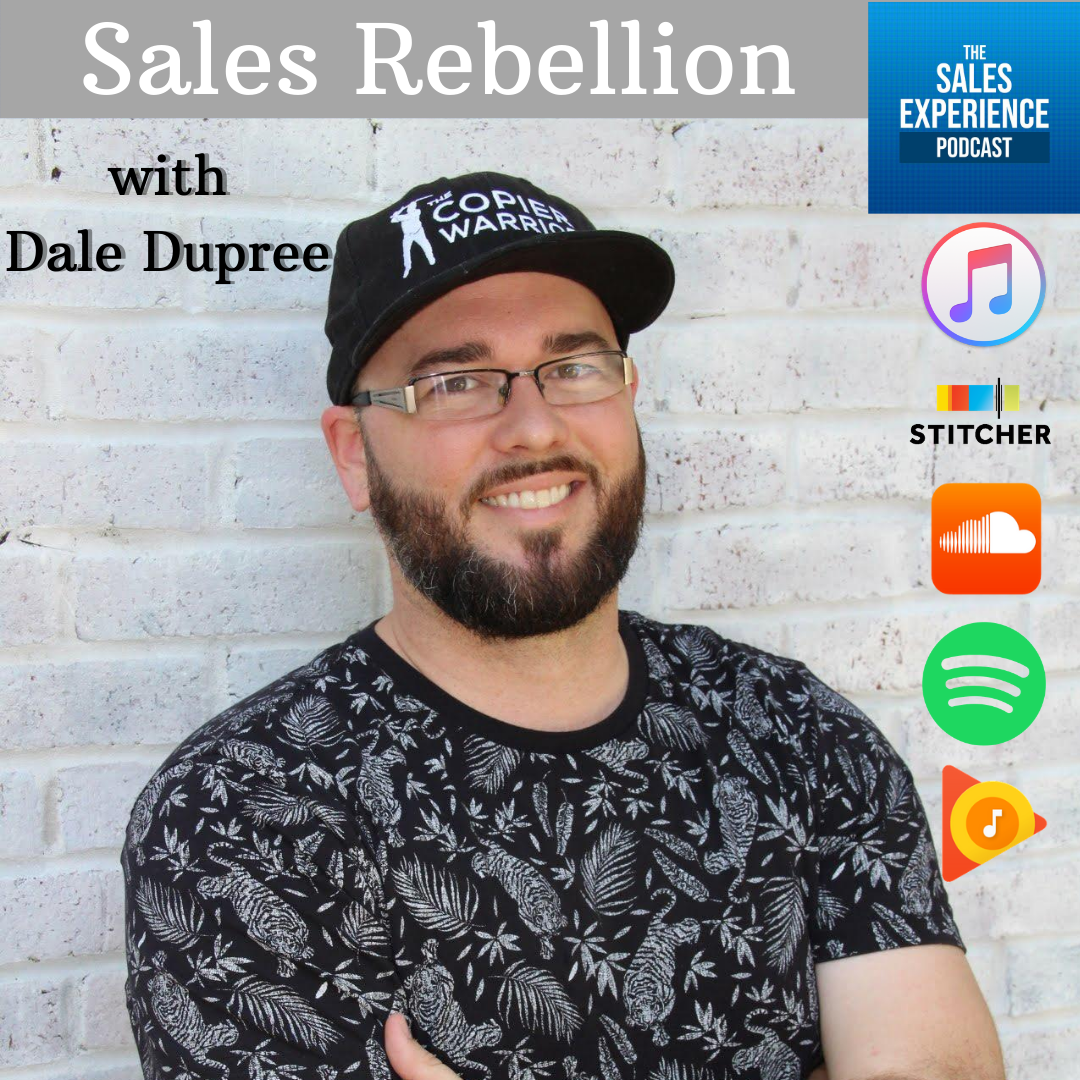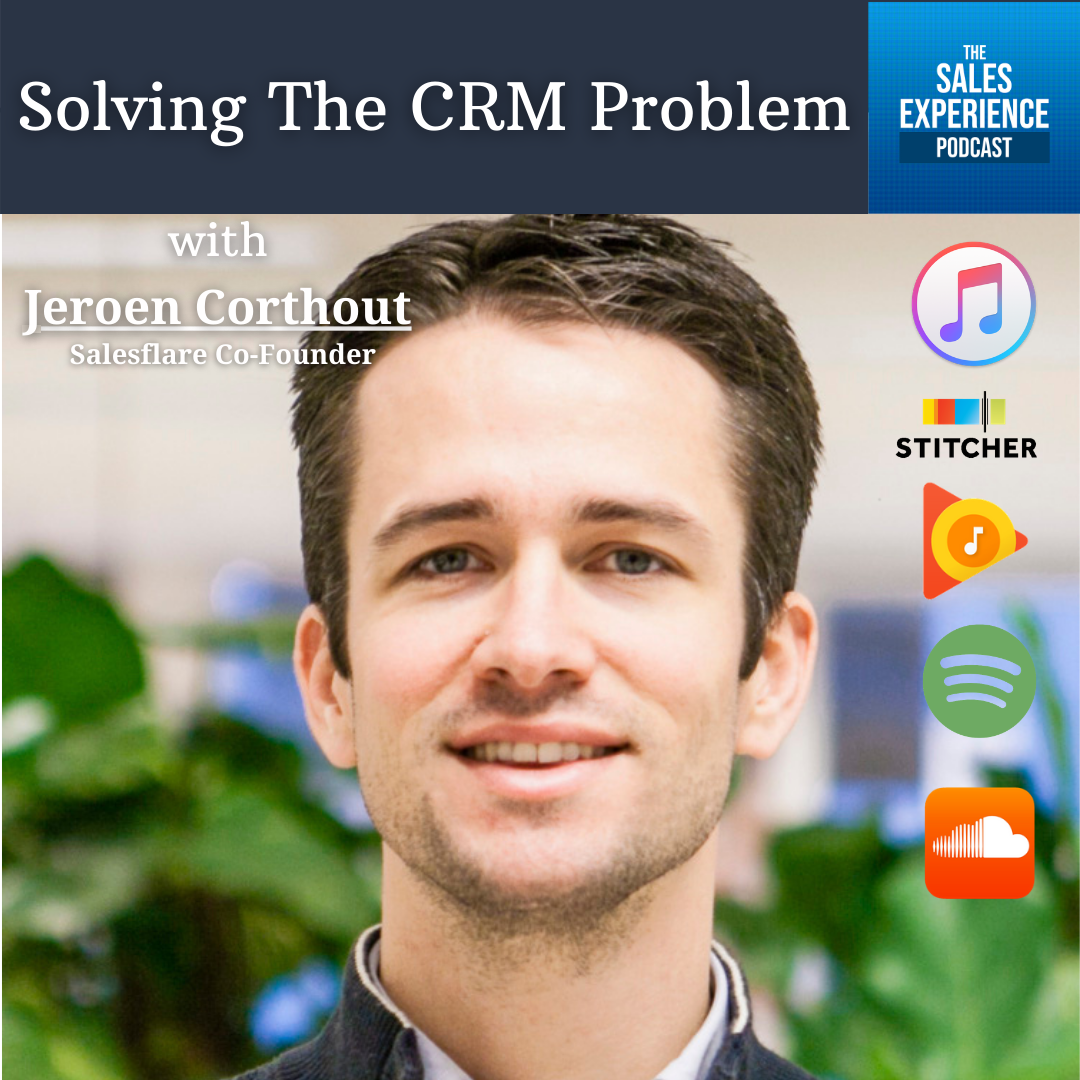Show Notes
This is Part 4 of Donald and my conversation around management.
In Part 4, we talk about:
- No one is great at managing day 1
- Avoiding the Golden Rule type bias
- Perception is (almost) all that matters
Make sure to subscribe and catch all the episodes this week to hear the full conversation.
Donald’s Info:
Website:
https://thecorporatemiddle.com/
Book:
Surrounded ByInsanity: How To Execute Bad Decisions
Bio:
Donald has survived mergers, promotions, re-organizations, and downsizing. Throughout his career he has led multiple teams of varying sizes consisting of both on and offshore resources. He has successfully led multi-million-dollar projects and was selected to complete a two-year program to become a lean six sigma certified black belt. Donald has a degree in Computer Engineering and an MBA. In-addition to his corporate experience he has co-founded multiple companies. Donald is an award-winning speaker and the host of the podcast “The Corporate Middle” where he answers the most common middle management questions. He is the author of the book “Surrounded by Insanity: How to Execute Bad Decisions”.
Episode 79 – Transcript
Welcome back to the sales experience podcast. My name again is Jason Cutters, so glad that you’re here.
Excited, if you’ve been listening to all the episodes, I’m very glad that you’re a loyal listener. If you just found the show on iTunes, Stitcher, Soundcloud, Spotify, the cutter consulting group.com website Castillo’s the wave link,any way that you found the show I appreciate that you’re here.
This is super exciting for me and I know that I say this every episode, but it’s truly true and accurate for me. This is episode four of me chopping up the conversation that Donald met her and I had made sure to go to the cutter consulting group.com website to check out the links for him, his information, how to find them, how to find his book.
If you have a middle management need and you have a desire to have a consultant come in or help you or if you need some tools and resources, make sure to check out his links for where to find Donald because he really knows his stuff.
He is somebody kind of like me where I spent 16 plus years in inside sales. He spent 16 plus years in basically middle management, thrown in into the game with four hours of training to become a manager from a frontline employee and literally learning the rest of it from there and his trials and tribulations and struggles.
So his goal is to help change the way that middle management is done and getting people prepared and make them professionals in a much easier way than he had to learn.
This is similar to how I view sales in my mission to help sales to be done in a different way for the sake of salespeople as well as prospects for now episode four of this conversation with Donald, Enjoy. That means you have to get the best out of everybody and to do that you’ve got to know everybody.
So really here’s what it comes down to and what we’ve been kind of dancing around and talking about. You’ve got to care about them. You have to actually care what’s going on with them. You should actually care about them because it does impact you in what they’re doing.
You’ve got to be a coach, you’ve got to understand what’s going on. So if you want to be the best, this is what it’s required and that’s it. That sums up that whole part of the conversation which is just care. When you care about them, you have empathy for the other person, then you want to know about them.
You want to know what their struggles are, what their goals are, what they want in life. And then you want to figure out some way to help them as a coach. Obviously you can’t do it for them.
You can’t pick up their headset and make calls or have them, you know, say certain things. But it all comes down to Karen and again, the best managers I’ve seen care about their people and that’s why they collect all this information.
So then the really hard part, it’s easy to collect the data. It’s easy to do 41 on one conversations and fill out a form that says, you know, what do you care about? What are your goals? What are you struggling with? It’s another one to then put that into action, which is really the hard part.
That’s the mastery skill. It’s one thing to know okay, this person’s a single mom, and it’s another one to go okay, what are my conversations like? How do I address that? How do I help tie in that or what I know, whether it’s verbally or not with their actions, with their activities, how they’re performing with their goals.
Yeah, absolutely. You’re exactly right in that that is what it gets to mastery and there’s not a shortcut for that is something that you learn over time, right? You’re not going to walk in and be great at this day one. Nobody is.
You have to learn what it takes and sometimes there is a little bit of a guess in test, right? Right. As you talked about earlier, you know maybe your ask somebody and realize that, oh they are crying in the corner and made a mistake. I better go apologize.
So there is a little bit of this. You don’t walk in day one with your team and be a great manager. That doesn’t happen. I know that there’s been times, and you know, I’ve inherited teams, I’ve been in a bunch of different teams as the lead. I walked in and I put a guy on a project and he did terrible.
I mean, just terrible. And the reason it was is because I made the mistake. I put him on something that he had no business doing, but I had to make that mistake to realize this is where this guy needs to be. This is where he’s best at.
So you’re going to make mistakes. That’s normal, yeah and this is the challenge, right? And this is where I know that we both have had struggles with managers and you’ve dealt with sales managers some that’s been my whole life, good or bad challenges is that sales managers, managers in general, the way they like to be motivated, the way that they like to be dealt with, they’re just like the sales reps are the front line employees.
It’s all about them. What’s in it for them? And the challenge is, is that a lot of times they’re unconscious of that and they try to treat everyone the same.
I did a podcast episode a few weeks ago where, you know, I titled It why the Golden Rule is wrong. You know, the golden rule says you treat everyone like you want to be treated, and that’s good when we’re talking about respect, empathy, all of those like high level things.
But when it comes to individual practices, right? When I have a manager, a sales manager who they’re motivated by money and that’s all they care about, or they’re motivated by accolades and being number one on the board, and they treat every salesperson that same way because they just assume autopilot mode that everyone else is motivated.
That same way, they lose a good percentage of the people naturally. That bias that we have as humans, we assume everybody sees things the same way we do. They have the same worldview and you’re exactly right. We fall into that trap all the time.
So what’s worse, if you’re the hiring manager, what do you do? You’re going to hire somebody just like you. And so you slowly end up remaking the team in your image. Yep. Whether good or bad.
So that, you know, that’s when you start to get these diversity efforts and things like that because it is a human bias to want people like you and to even assume people are like you and you know, that’s kind of what we’re saying right now is that’s wrong.
You’re doing it wrong. Again, this is really about how to be the best and if you want to be the best, you have to understand people are individuals and they’re not like you and you might actually, you’re wrong. You can’t say that about managers, sales managers or salespeople or anyone in general. No one’s wrong anymore. When’s right, no matter what exactly right.
It’s just fluid state of being that we have nowadays. Whatever feels good to you is fine. Yeah, just do that and you know, at a certain level, joking aside, I support that and I’m okay with it. Just understand that maybe you shouldn’t be a manager if that’s really how you feel.
Maybe management isn’t for you or maybe management at that company in that role, in that segment of the organization isn’t for you. There’s some people who just want to do it their way and they have this kind of idea, and I totally support that.
Just figuring out where that works best. Right? Because it’s something for everybody and maybe it’s not here. Maybe it’s not at the organization. Absolutely. One of the things that we’re talking about a little bit is we’ve, we’ve kind of moved over a little bit into bias, right? And so just the normal human biases that we have.
So if you talk about judging performance, I think everyone wants to think that they’re being judged objectively right in effectively. So your results are actually what drives your promotions and drives your performance culture, right?
That’s we all like to pretend is there’s some quantitative analysis that goes into how people are getting promoted and how they’re getting opportunities. Right?
That’s what everyone wants. That’s what everyone’s funny because I’m picturing what you’re saying in my head, I’m like, okay, I know all the times I promoted people, I’m looking at the data, trying to make a decision.
I’ve got the spreadsheets, I’ve got all the facts and figures, and then it’s about who do I think would be best or who’s the owner actually like better or what’s the feeling about it or who do we think is going to have the better chance of being successful at the little intangibles, right?
The little thing, this is where everybody gets tripped up, right? Everyone, because again, we like to envision this perfect world, right? Where it’s perfectly objective, but here’s the thing, your results don’t matter. What matters is the perception of your results. Interesting. That is the driver in how people actually get promoted.
It doesn’t matter if you’re working 80 hours a week and the guy next to you is working 40 if that guy has the perception of being a hard worker, it doesn’t matter. They’ve got that perception. Human beings, we love it, right?
We have biases all over the place because we need to make these fast snap judgments and because of that perception is actually what drives people’s success in organizations. How are you proceed? Are you a go getter? Are you easy to get along with? Are you high maintenance?
These perceptions is actually what is going to move the needle depending on if you’re going to get that next opportunity.
That’s what it’s all about. That’s so wild. I’ve never thought about that in those terms of it’s the perceptions of the results and the perception of the actions, right? Because fundamentally, you know, you could argue, and I tell this to sales people all the time as you can’t control results, you can’t control how many deals you’re going to close today.
All you can control is how many phone calls you’re going to try to make, right? Or how many phone calls you’re going to dial, how many calls may come in. You can’t even control that. You can control what you say on the phone calls, but fundamentally you can’t always control, you know the actual results. Just the activity that you put in.
So really it comes down to the perception. I’ve got to have two people sitting next to each other and one of them, it seems like they’re working really hard, even if the stats aren’t there, but they’re asking the right questions or they’re focused or you know, they’re not looking at their phone while they’re supposed to be working, you know, their cell phone, they’re doing what they should be doing.
So then I’ve got another person whose sitting there, you know, playing on their phone all the time. But actually better results. Exactly. And who do you end up promoting? Who Do you end up recommending? Yeah, exactly. Every single time it’s all about the perception of that person.
So if you look at how you do the promotions, how you give opportunities, it’s always going to be about the perception of that person and the perception of their results. Well, you know they had a good quarter, but they kind of had a slam dunk.
They had an easy sale. So we’re going to disregard that, Right? Right. It doesn’t matter if they actually had to work just as hard. Your perception of that sale is different. And so it drives your perception of that individual.
So people need to realize that and people get frustrated by this because again, we want to be, you know, some beacons of impartiality, but that’s just not true.
That’s not how the world works. That’s not how the human mind works.
![[E79] Management Week: Part 4 with Donald Meador](https://episodes.castos.com/salesexperiencepodcast/images/TSEP-Cover-Donald-Meador.png)


